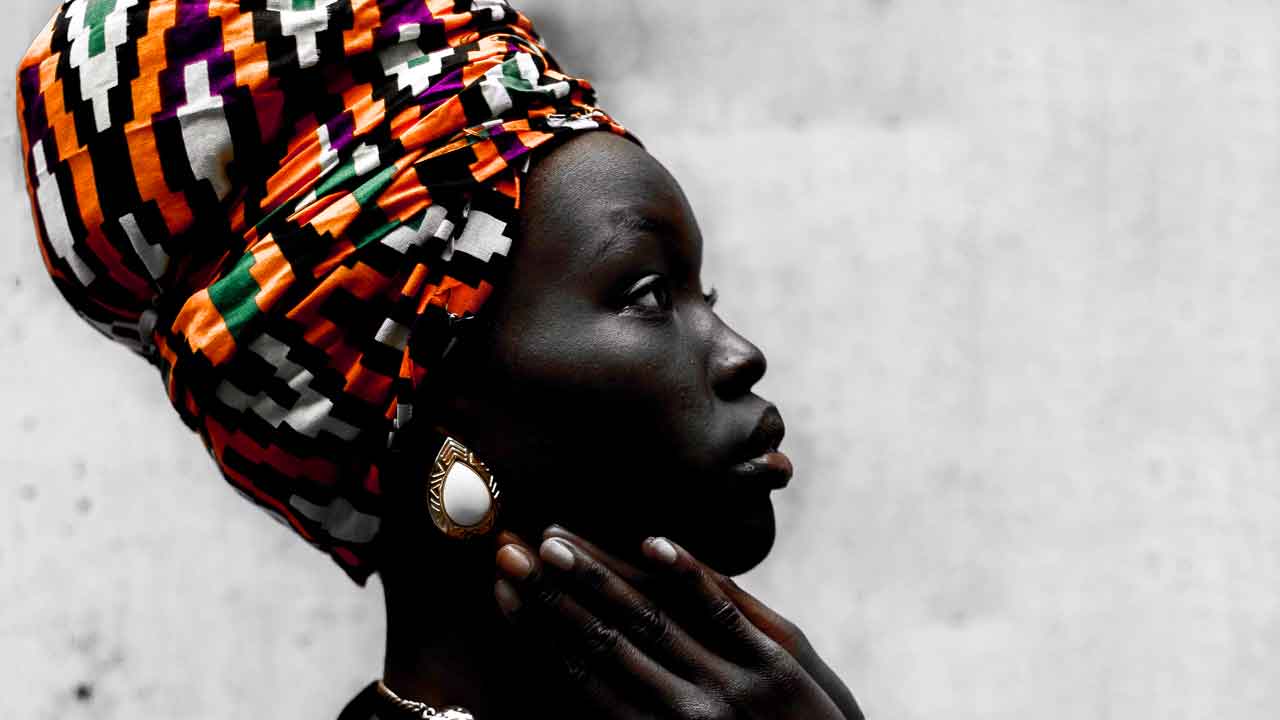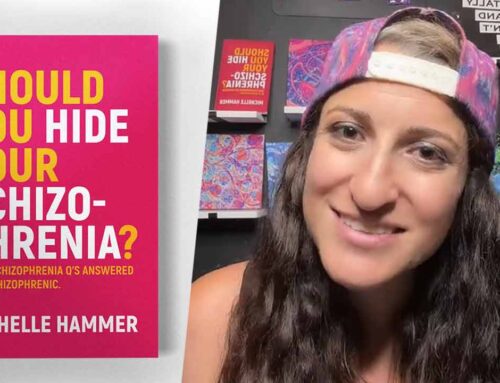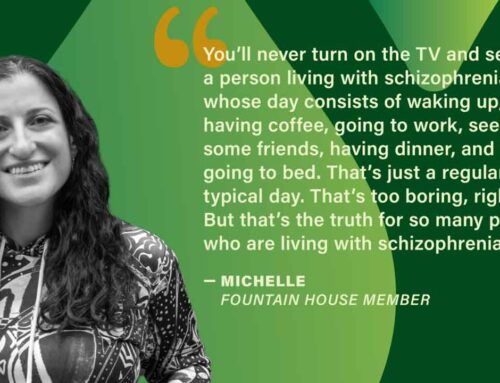A Glimpse Into Schizophrenia Overseas
by Matthew Ahmon
The African people suffer from many things – famine, drought, epidemic, and colonialism – but a recent CNN article comments on a less well-known problem: stigma. In Africa, mental healthcare is ignored by the state and even humanitarian organizations, which are more interested in the big names, like HIV and malaria. In addition to the shortage of mental health resources, there is a commonly held belief that mental illness – psychosis in particular – is caused by the supernatural. As a result, the mentally ill are often treated like objects and taken to prayer houses for “exorcism”. Homeless women with severe mental illnesses are often abused and raped, as there is a belief that sleeping with mentally ill women grants a spiritual blessing. Moreover, the already-dire treatment gap for those with mental illnesses in Africa is exacerbated for women, especially mothers. Despite the disproportionate discrimination against vulnerable mentally ill women, there are few legal protections in place for them, such as protection of basic human rights and reproductive autonomy. The St. Camille center near Cotonou, Benin is one of the few non-profit organizations that provide mental health services to the vulnerable mentally ill, free of charge. Other than some tax and utility bill exemptions and a small government subsidy, St. Camille is entirely reliant on donations. Three women share their mental illness journeys.
Odette was found wandering in the nearby city, disoriented and pregnant. For years, she had been living alone in the Saint Benoit Market, where she was sexually abused and impregnated multiple times. The only thing that Odette remembers about her past is her place of birth, and the efforts of St. Camille have failed to locate her relatives. This is part of a larger problem that the center faces – the families of mentally ill, pregnant women often ignore the needs of the mother and child. Some families will even go so far as to abandon relatives at the gate, so as to avoid paying the small one-time fee of 5,500 CFA, roughly equivalent to $9. Pregnant women in particular need lots of family support, and this is even more true for Odette, who was diagnosed with schizophrenia and anemia on being referred to St. Camille. At first, Odette was in denial about her pregnancy, but she eventually accepted it and resolved to give the baby away, as her illness is more than enough to deal with as it is. As for her own fate, if her family does not want her back, she will become a permanent resident of St. Camille, like many others.
Ajoke is from Lagos, Nigeria, about 140 km from Benin. She had been married and had two children, but she was forced out of her family during her third pregnancy when she began to hear voices and talk to herself at night. Her husband kept custody of the children. Homeless and pregnant, she wandered all the way to Cotonou, where she was found by St. Camille staff and diagnosed with schizophrenia and HIV. The latter diagnosis only made giving birth more difficult, as all the doctors were afraid to touch her. The baby was put up for adoption, as Ajoke’s psychiatric state was not stable enough. Two years after arriving at St. Camille, as her mental health was improving, Ajoke began to miss home. Despite objections by the St. Camille staff, she left with a suspicious man named Justin, who promised to take her back to Nigeria. However, Justin instead took her to his home in Cotonou, where he raped and abused her. Ajoke did end up reuniting with her family, but they were afraid of being labeled with the stigma of mental illness, and they rejected her and abandoned her on the road, pregnant once more. She returned to St. Camille and had her fourth child, which was once again put up for adoption. Ajoke is now a permanent resident of St. Camille, as her family will not have her back.
Abigail developed schizophrenia from a young age, and her family, who believed her to be possessed by evil spirits, left her to fend for herself. She came to live in a neighborhood known as “the ghetto”, where she received food but was abused, drugged, and raped as well. Abigail was five months into her pregnancy when someone alerted St. Camille to her situation. Like Ajoke, Abigail tested positive for HIV, and so the staff made sure to take precautions against transmission from mother to child. The child was adopted by a loving family, and Abigail is happy at St. Camille.
Commenting on the inadequacies of African infrastructure is slightly redundant – after all, many African nations are still recovering from colonial rule. Of course, that simply means that in countries like Benin, the responsibility for these institutions currently falls to the humanitarian organizations and NGOs, as well as to us to support these organizations. Moreover, much care should be taken to make sure that laws that protect the rights of mentally ill women in particular are implemented and perpetuated in the future. In developed nations, there is a greater expectation that emphasis is placed on implementing mental health care and addressing stigma. But if even Americans can’t start recognizing schizophrenics as humans as well, how can we demand that African countries be able to do so as well?





